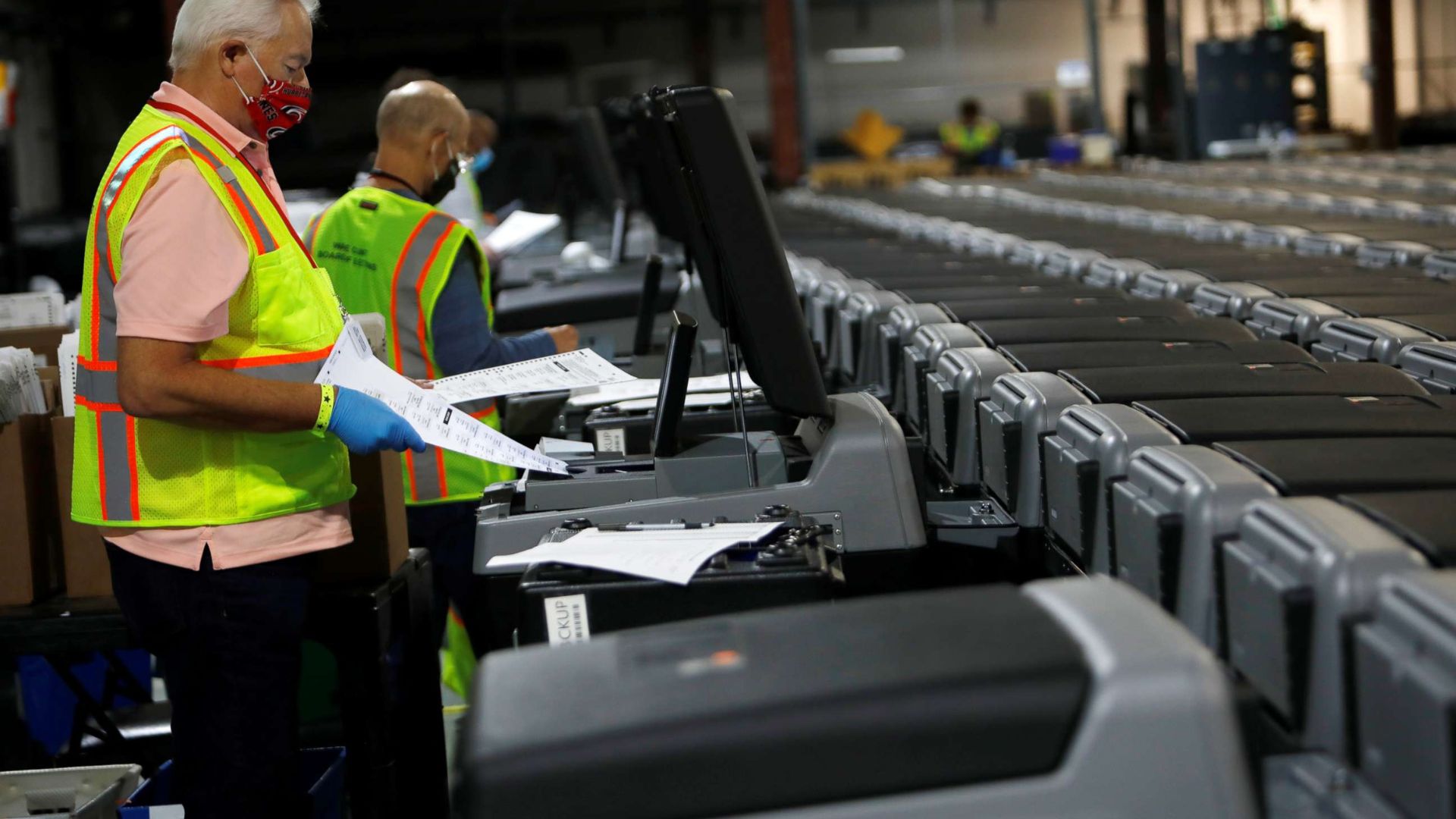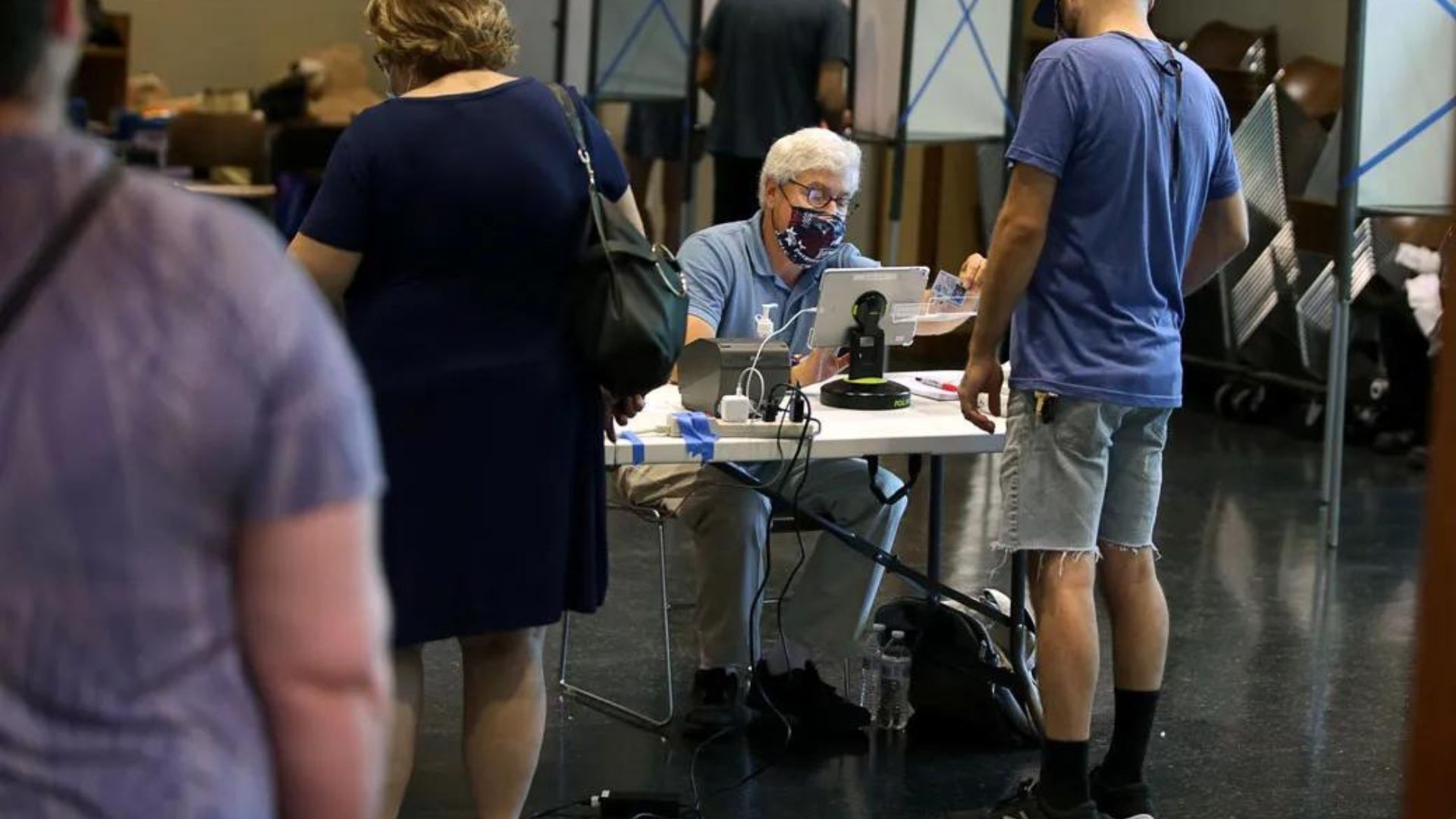Managing election poll workers effectively is crucial for ensuring smooth and fair elections. Poll workers are the backbone of the voting process, responsible for setting up polling stations, assisting voters, and maintaining order. Proper management of these workers is essential for a successful election. In this article, we’ll share key practices for managing election poll workers to ensure a seamless voting experience.
Understanding the Role of Poll Workers
The first step in managing election poll workers is understanding their roles and responsibilities. Poll workers perform a variety of tasks, including checking in voters, issuing ballots, and ensuring that all procedures are followed correctly. They also help address any issues that arise at the polling place. By having a clear understanding of their duties, you can better support and manage them throughout the election process.

Recruiting and Training Poll Workers
Effective recruitment and training are vital for managing election poll workers. Start by recruiting a diverse group of individuals who are reliable and committed. Provide comprehensive training to ensure they are familiar with the election procedures, voting equipment, and customer service skills. Training should also cover how to handle common issues and conflicts. Well-trained poll workers will be more confident and efficient on Election Day.
Creating a Detailed Schedule
A well-organized schedule is crucial for managing election poll workers. Ensure that each worker knows their shift times and responsibilities well in advance. Create a detailed schedule that covers all shifts, breaks, and the overall flow of the day. This will help prevent any confusion or gaps in coverage, ensuring that polling stations are adequately staffed throughout the day.
Providing Clear Instructions and Resources
Clear instructions and resources are essential for managing election poll workers effectively. Provide detailed guidelines on procedures, including how to handle voter questions and issues. Make sure they have access to necessary resources, such as contact information for election officials and troubleshooting guides for voting equipment. This will help them perform their duties more effectively and handle unexpected situations with confidence.
Maintaining Open Communication
Open communication is key to managing election poll workers successfully. Establish clear lines of communication before and during the election. Provide a point of contact for poll workers to report any issues or seek assistance. Regular check-ins can help address any concerns and keep everyone informed of any changes or updates. Good communication helps create a supportive environment and ensures that any problems are addressed promptly.
Ensuring Proper Equipment and Supplies
Proper equipment and supplies are crucial for managing poll workers. Ensure that all polling places are equipped with the necessary materials, including voting machines, ballots, and signage. Conduct checks before the election to make sure everything is in working order. Providing poll workers with the tools they need will help them perform their duties efficiently and handle any technical issues that may arise.
Handling Conflicts and Issues
Handling conflicts and issues effectively is an important aspect of managing poll workers. Be prepared for potential challenges, such as disputes between voters or technical problems with voting equipment. Train poll workers on how to handle these situations calmly and professionally. Having a clear protocol for addressing conflicts will help maintain order and ensure a positive voting experience for everyone involved.
Recognizing and Addressing Burnout
Burnout can affect poll workers, especially during long hours and high-pressure situations. As part of managing poll workers, recognize signs of burnout and provide support as needed. Encourage breaks and provide opportunities for rest. Acknowledging their hard work and providing positive reinforcement can help keep morale high and ensure that workers remain focused and effective throughout the day.
Conducting Post-Election Review
A post-election review is a valuable practice for managing poll workers. After the election, gather feedback from poll workers about their experiences and any challenges they faced. Review the overall performance of the polling stations and identify areas for improvement. This review process helps refine procedures and training for future elections, ensuring continued success.
Preparing for Future Elections
Finally, preparing for future elections is a key aspect of managing election poll workers. Use insights gained from each election to improve recruitment, training, and management practices. Stay informed about any changes in election laws or procedures and adapt your strategies accordingly. Continuous improvement will help ensure that each election runs smoothly and efficiently.
Conclusion
Managing election poll workers is a critical component of a successful election process. By understanding their roles, providing comprehensive training, and maintaining open communication, you can ensure a smooth and efficient voting experience. Proper scheduling, clear instructions, and the right equipment are essential for effective management. Addressing conflicts, recognizing burnout, and conducting post-election reviews will help refine practices and prepare for future elections. Implementing these strategies will contribute to the success of your election efforts and support a fair and orderly voting process.

